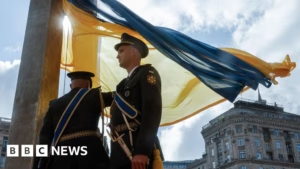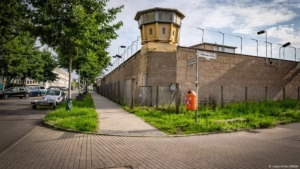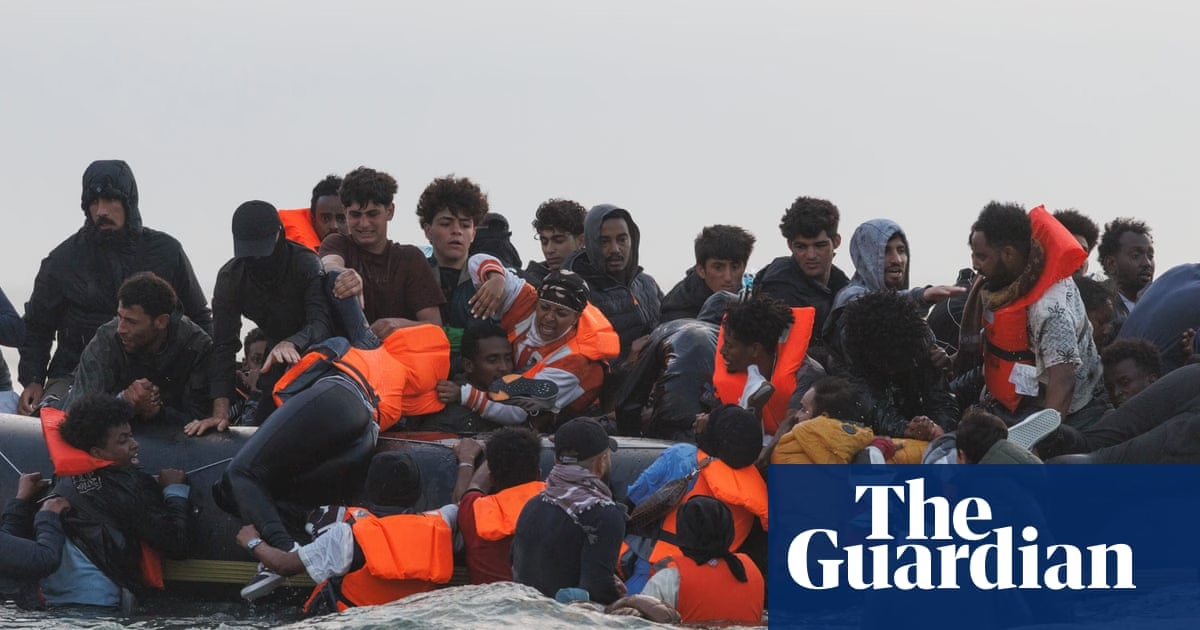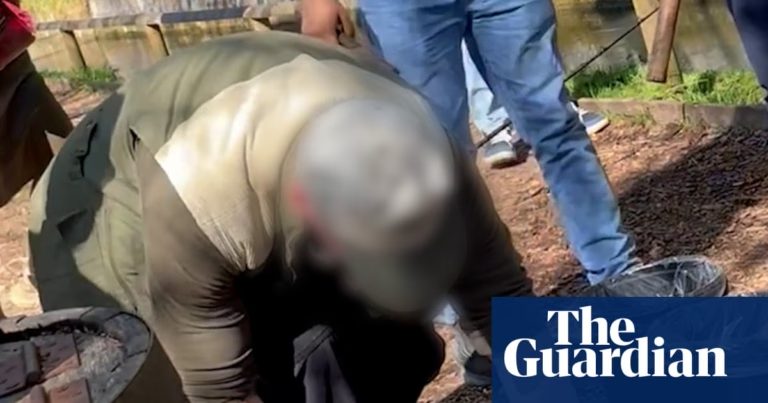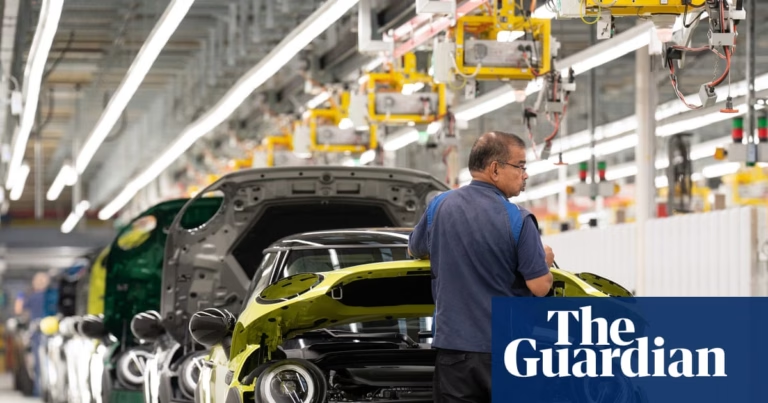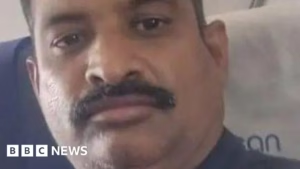<
div>
Good morning. Emmanuel Macron arrived in the UK yesterday for a three-day state visit. While the British royal family and political elite rolled out the red carpet for the French president, with all the expected pomp and pageantry, the real focus was, and remains, the politics behind the scenes. Top of the agenda: how Britain and France intend to deal with the small-boats crisis.
The UK has backed recent moves by French police to immobilise the inflatable boats used by people smugglers by slashing them. It’s not yet clear whether this was a one-off instance or part of the broader shift in strategy expected to be outlined soon by Keir Starmer and Macron.
There has also been growing media speculation about a potential one in, one out policy, under which the UK could return small boat arrivals to France in exchange for accepting another asylum seeker from France, such as someone with a clearer right to claim asylum in Britain through family ties.
But how did the UK sleepwalk into this crisis? And what role, if any, did Brexit play in it? To answer those questions and many more, I spoke to Peter William Walsh, a migration studies researcher at the Migration Observatory and lecturer at the University of Oxford. That’s after the headlines.
Five big stories
Middle East crisis | Medical officials, humanitarian workers and doctors in Gaza say they have been overwhelmed by almost daily “mass casualty incidents” as they struggle to deal with those wounded by Israeli fire on Palestinians seeking aid.
Post Office | More than 13 people may have killed themselves as a result of the Post Office Horizon IT scandal, while it drove at least 59 more to contemplate suicide, according to the first findings from the public inquiry into what has been labelled the worst miscarriage of justice in UK history.
NHS | Resident doctors, formerly known as junior doctors, in England have voted in favour of strikes that could result in industrial action lasting until January next year, the British Medical Association has announced.
Crime | Thousands of defendants in England and Wales could lose the right to a jury trial under plans designed to save the criminal justice system from collapse.
UK News | Gregg Wallace has been sacked as MasterChef presenter ahead of a report into misconduct allegations, including claims, denied by Wallace, of groping and indecent exposure. Over 50 new complaints have since been made to the BBC.
In depth: ‘Emerging evidence that there is a Brexit effect’
In December 2018, after a few hundred migrants in total arrived in the UK by crossing the Channel on small boats that year, the then home secretary, Sajid Javid, declared the situation “a major incident”. Now, Peter William Walsh told me, hundreds of people can arrive in the UK on small boats in a single day.
Walsh describes 2018 as a “critical moment”, where there was a switch in the tactics used by people crossing the Channel. Before small boats became the main method, most people trying to reach the UK did so by hiding in lorries around freight terminals in the French port of Calais – sometimes with drivers’ help, sometimes without. At its peak in the mid-2000s, there were about 10,000 detected attempts a year.
The UK and French government response to this was largely successful, but in part drove the increasing use of small boats. “There was a big enforcement drive – such as kilometres of fencing erected in and around the freight terminals of Calais, deployment of a whole range of technologies, CO2 detectors, thermal imaging, heartbeat sensors and dog patrols – to really try to clamp down on the lorry route but smugglers, as we know, are highly adaptable,” Walsh said.
People smuggling goes professional
Until 2018, it was widely assumed that crossing the Channel in a small boat was too risky and not a viable route into the UK. But as Walsh told me, that changed quickly. “Then people successfully made the trip in the hundreds and then thousands, and as the smuggling operations became more professionalised and better resourced, it kind of had a life of its own – and that idea that the Channel was some kind of impenetrable stretch of water just dissolved.”
It’s worth reading a First Edition from November by Archie on why the government’s promise to “smash the gangs” has always been a doomed strategy.
In a briefing paper co-authored with Mihnea V Cuibus last month, Walsh highlights some striking statistics. Since 2018, small boat crossings have increased, with about 37,000 people detected in 2024 and a record-breaking 14,800 in the first five months of 2025 alone. Nearly all of those who cross apply for asylum once they arrive in the UK – 99% did so in 2024. Between 2018 and 2024 the asylum grant rate for people who arrived by small boat was 68%.
The Brexit effect
There have been quiet murmurings that Brexit has worsened the situation, most notably from the Conservative shadow home secretary, Chris Philp, who admitted in a leaked 2018 recording that returning migrants to the EU would become significantly harder after the UK left the bloc.
Walsh said: “There’s emerging evidence that there is a Brexit effect, and it’s two things. One is that we no longer have access to the EU’s asylum fingerprint database. So previously, if someone had arrived in the UK and they’d claimed asylum or been fingerprinted on entry to the EU, at say, Italy, we would know that. And then using the Dublin system, we could return them to the country of first entry.”
<
p class=”dcr-16w5gq9″>But now, he said, migrants understand that if they’ve perhaps claimed asylum in an EU country and been refused, they can try again in the UK. The Mixed Migration Centre, a research institute that conducted interviews with migrants in Calais and the surrounding areas, found this “has come up again and again and again”.
Source: https://www.theguardian.com/world/2025/jul/09/wednesday-briefing-can-macron-and-starmer-solve-the-small-boats-crisis
